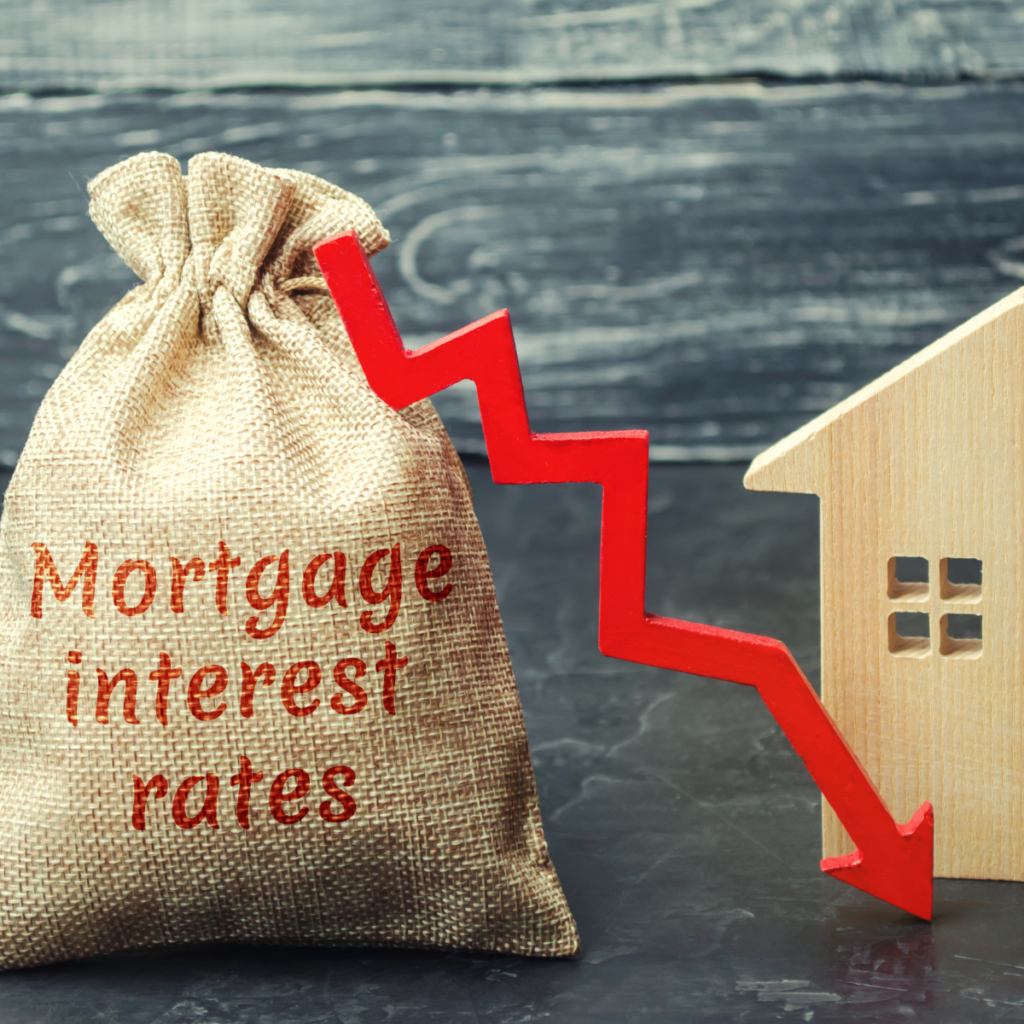
Are you interested in real estate investing in Calgary or other centers in Canada? Have you watched one of those many shows on TV and think that this investment vehicle could be the one that changes the trajectory for your financial future? If so, then you are in the right place – I will be writing over the next few weeks about the fundamentals of the flipping strategy. This is actually one of the most difficult strategies there is in the real estate business because it has so many moving parts and variables. That said, it is one of the fastest ways to build your capital base to be able to execute the other strategies in real estate such as rent to own and buy and hold.
The first thing to consider is your real estate market, this means the area that you intend to flip houses is – often your own back yard when you are starting out because building a power team and sourcing professionals (trades and others) that you can trust to keep your best interests in mind can be a challenge. After doing your homework, you may find that your own back yard may not be the easiest place to flip houses. The strategy does work in all markets at all times in all areas – but real estate is very cyclical and there are certain parts of the cycle where flipping is the primary strategy that works well.
The first rule in all real estate is to make money in the BUY, which means you need to purchase the property substantially below market value, so that part of your profit is built into the deal. This also allows for more contingency in your project budget to account for unexpected costs as you work through your renovation. In markets that are currently showing a large number of foreclosures, divorce, economic downturn you will have more success negotiating below market value prices for homes.
You will need to check with stats Canada, local governments, and other resources to find out as much information as you can to determine what part of the real estate cycle your target market looks like it is headed into (or out of). Employment is a good metric, and in-migration VS out-migration which will answer the question of: are more people moving into this area or out? We certainly want more people to come in!
The overall key to flipping is to be able to add maximum value (forced appreciation) to a property for the lowest cost, and then be able to turn that inventory as fast as possible – no matter what it takes. Once a system is built around these core fundamentals, you can scale hour business up to as many homes as you want for the year – also once you have the system down you can copy and paste it into another market to give you more options to operate in the most profitable area dollar for dollar!
Respect The Hustle
Tim Reid

 There are many people in our society today that have followed the standard pathway of school-degree-career to find success, just like I did after listening to my mom (love you mom!) does that sound familiar? I eventually found myself on the slow ascent of the corporate ladder and it was not going as fast as I would have liked. So, I decided that there had to be a better or different way to earn an income (other than getting a second job) – reading countless books I found real estate as a common theme in all these wealth building books. What I found was that there are 3 pillars of wealth that have been the common denominator for all highly successful people:
There are many people in our society today that have followed the standard pathway of school-degree-career to find success, just like I did after listening to my mom (love you mom!) does that sound familiar? I eventually found myself on the slow ascent of the corporate ladder and it was not going as fast as I would have liked. So, I decided that there had to be a better or different way to earn an income (other than getting a second job) – reading countless books I found real estate as a common theme in all these wealth building books. What I found was that there are 3 pillars of wealth that have been the common denominator for all highly successful people: Having a property that cash flows enough is a tricky proposition in the Calgary marketplace – specially now with the depressed economy rents are down and that is a fact. So what do you do? Get creative on how you can generate extra revenue streams in this article https://www.biggerpockets.com/renewsblog/earn-more-money-from-rentals/?utm_source=newsletter the writer on bigger pockets provides some interesting ideas to get the creative juices flowing. The parking idea I have seen for a lot of years when I was younger going to flames games near the saddle dome where parking was scarce during game nights.
Having a property that cash flows enough is a tricky proposition in the Calgary marketplace – specially now with the depressed economy rents are down and that is a fact. So what do you do? Get creative on how you can generate extra revenue streams in this article https://www.biggerpockets.com/renewsblog/earn-more-money-from-rentals/?utm_source=newsletter the writer on bigger pockets provides some interesting ideas to get the creative juices flowing. The parking idea I have seen for a lot of years when I was younger going to flames games near the saddle dome where parking was scarce during game nights. Entrepreneurs have an almost mystic- risk loving, 9-5 schedule smashing persona in the eyes of the majority of regular society. What do they really DO when they are staying up late toiling away on the next big new idea?
Entrepreneurs have an almost mystic- risk loving, 9-5 schedule smashing persona in the eyes of the majority of regular society. What do they really DO when they are staying up late toiling away on the next big new idea? We were honored to be Interviewed by CBC news to get an update on where foreclosures are going in Alberta recently. Indicators show that the market in Calgary has likely reached the lowest point (no one can really know for sure) and that there is still a long way to go before things are business as usual in the Alberta market. Recently we have seen a month-month difference of 10-15% in foreclosure bases requests to our firm, further details here to read full article:
We were honored to be Interviewed by CBC news to get an update on where foreclosures are going in Alberta recently. Indicators show that the market in Calgary has likely reached the lowest point (no one can really know for sure) and that there is still a long way to go before things are business as usual in the Alberta market. Recently we have seen a month-month difference of 10-15% in foreclosure bases requests to our firm, further details here to read full article:





